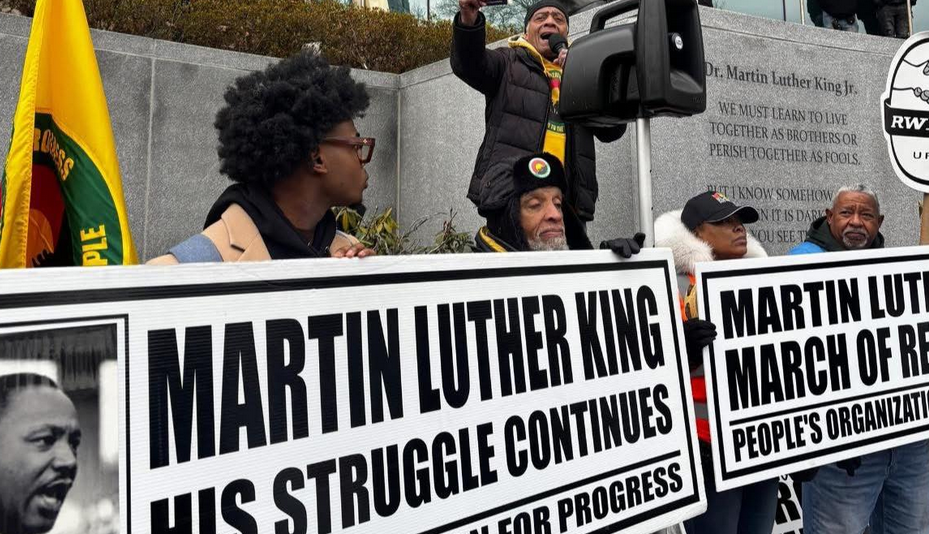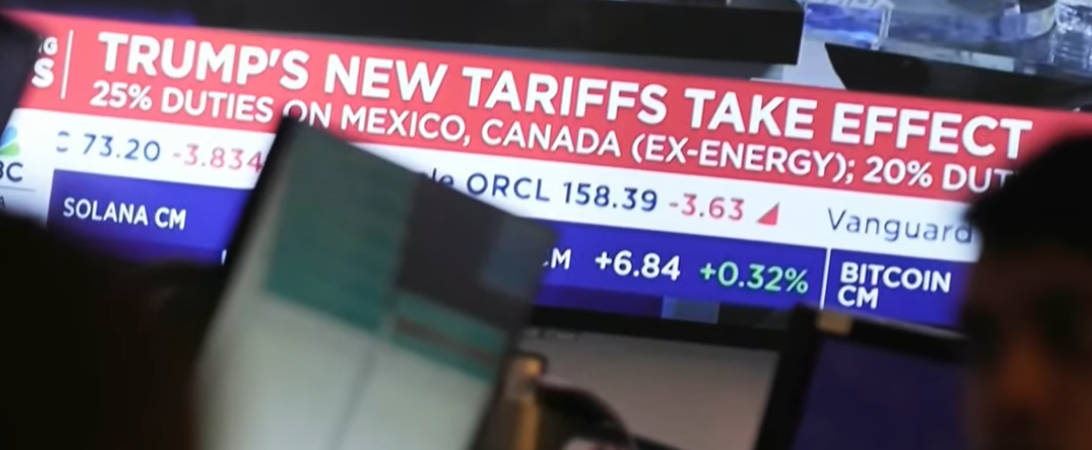Photos: YouTube\ ACLU\Twitter
Today, Juneteenth, is the day we celebrate “Emancipation Day” in the United States. It’s the day that Union soldiers reached Galveston, Texas, bringing with them the news that the Civil War was over and all enslaved people were now free.
Though they arrived nearly two and a half years after President Lincoln’s Emancipation Proclamation, the news still had not reached Texas, where hundreds of thousands of people continued to work as slaves. But on June 19, 1865, the last remaining slaves in the defeated Confederate states were finally freed.
Six months later, the 13th Amendment was ratified, which abolished slavery in the form of one person owning another as property, but allowed slavery “as punishment for crime.”
Those words allowed incarcerated people to be used as free and forced labor after slavery was formally abolished, and they still enable free and cheap prison labor to be exploited to this day.
Many of our clients spent years working in prisons for mere cents per hour, while those beyond prison walls profited off of their work. Some people call this system and these conditions “modern-day slavery,” but those who have lived through it will tell you that there’s nothing modern about it.
Nowhere is the legacy and evolution of slavery in this country clearer than in places like Parchman Farm in Mississippi and Louisiana’s Angola farm. Both are prisons built on former slave plantations.

Malcolm, Henry, and Calvin all spent time in the fields of Angola after being wrongly convicted in separate crimes that occurred within years of each other. The legacy of slavery runs deep in Angola, and is clearly visible — like 75% of the people incarcerated there, Malcolm, Henry, and Calvin are Black.
Louisiana has one of the highest rates of exonerations in the country, with more than 70 people having been exonerated in the state to date. Many more wrongfully convicted people remain behind prison walls.
Though Malcolm, Henry, and Calvin are all free today, their experiences of wrongful conviction still weigh heavily on them. We hope you’ll take the time this Juneteenth to read each of their stories of strength and survival and recommit to fighting racial injustice in all its forms.








